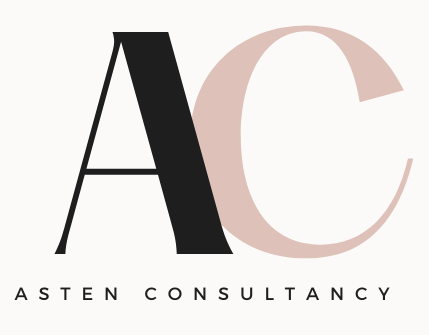Introduction
In 2025, it’s never been easier to start a business, but it’s also never been easier to waste time, lose focus, and build something that quietly fails.
And no, this is not another post telling you to “write a business plan” or “get on social media.” Those are surface-level warnings.
The real startup mistakes are often invisible until they cost you, in lost money, wasted months, or burnout.
So here are 5 overlooked but critical mistakes first-time founders make especially if you’re starting a service, product, or small business with limited resources.
1. Mistaking “Being Busy” for Building a Business
The Mistake:
Many new founders are constantly working but not moving forward. They confuse tasks (logo design, packaging mockups, endless planning) with progress.
It feels productive, but it’s performative. There’s no traction, no feedback, no money.
What to Do Instead:
Start every week with this question:
“What am I doing this week that brings me closer to a sale or a signal?”
Focus on actions that create data:
- Talk to 3 potential buyers.
- Share a mockup and track feedback.
- Offer a test version of your service.
Even if imperfect, these actions move you forward. Everything else is noise.
2. Assuming Customers Think Like You
The Mistake:
Most founders build based on their own logic. But customers don’t buy logically, they buy emotionally, impulsively, or based on habit.
You might think:
- “This is a great deal.”
- “This product saves time.”
But your audience might care more about:
- “What will people think if I use this?”
- “Will this help me feel proud, safe, attractive, or smart?”
What to Do Instead:
Study real buying behavior. Look at:
- Questions in Facebook groups
- Reviews of competitor products
- Words people actually use to describe their frustrations
Then build your offer and messaging around those insights and not your personal preferences.
Customers don’t buy what’s “better.”
They buy what they feel is meant for them.
3. Treating One-Time Buyers as the End Goal
The Mistake:
Most new founders think the win is the first sale. But first sales without follow-up systems = a leaky bucket. You’re constantly chasing new clients.
This mistake is why many startups plateau or burn out by month 3–6.
What to Do Instead:
From day one, ask:
“How can I turn one customer into five?”
Ideas:
- Follow up with a WhatsApp thank-you and referral offer
- Create bundles or monthly service packages
- Add value and upsells to keep them coming back
A loyal customer base, not just one-time buyers, is your real startup asset.
4. Building with No Exit Strategy — Even a Mini One
The Mistake:
Most founders start with “I just want to make money” which is fair.
But they build a trap: a business that only works if they show up every day.
If you build a business that:
- Requires you to be on-site 24/7
- Can’t operate without your physical presence
- Has no plan for systems or help…
Then you’ve built a job, not a business.
What to Do Instead:
Even in Month 1, sketch a micro exit vision:
- Will you hand it to staff?
- Could you automate repeat tasks?
- Is there a version that earns without you?
You don’t need a perfect system, just don’t build something you’ll eventually resent.
Founders burn out not because of hard work but because there’s no escape plan.
5. Relying on “Support” That Doesn’t Actually Challenge You
The Mistake:
Many founders surround themselves with cheerleaders like friends, family, and fans, but no one who challenges their blind spots.
This creates a false sense of momentum. You feel supported, but you’re not growing.
What to Do Instead:
Seek tough love early:
- Ask a brutally honest friend to review your offer
- Share your idea in a niche business group and invite critique
- Partner with someone who thinks differently than you
If your idea can’t survive feedback, it won’t survive the market.
Validation isn’t people being nice. It’s people being real while they still care enough to tell you.
Time to Realign
Many failed startups weren’t “bad ideas” they were good ideas built on:
- poor assumptions
- shallow feedback
- vanity metrics
- and emotional decision-making
If you can avoid even two of these five mistakes, you’re already headed in the right direction.





